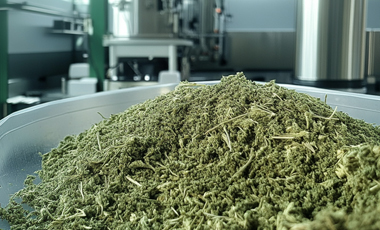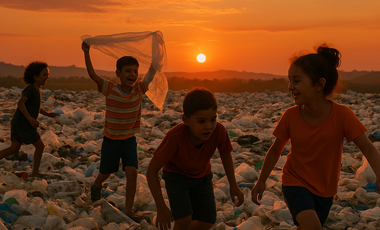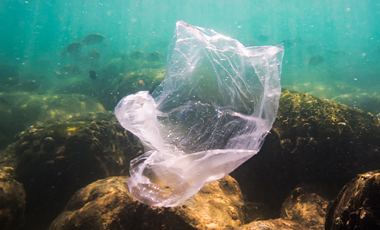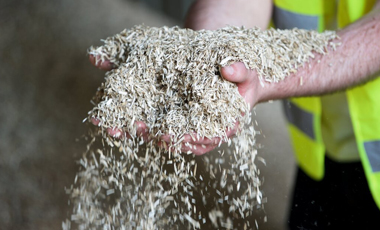

The silent plastic crisis
Plastic is everywhere. We see it in the oceans, on the streets, in landfills... but also in places we never imagined: in the water we drink, the food we eat, and even inside our bodies.
It has become such a routine part of our lives that we barely notice it, yet its impact continues to grow at an alarming rate. This is the silent plastic crisis - pollution that spreads unnoticed, but with consequences we can no longer ignore.
🌍 A growing problem
More than 400 million tons of plastic are produced every year, and more than 75% of it ends up as waste, polluting the environment. Despite global recycling efforts, only 9% of all plastic ever produced is actually recycled.
Meanwhile, discarded plastics break down into microplastics and nanoplastics, tiny particles that are now found in the air, rainfall, oceans, and even human blood.
🚨 Plastic in our bodies: the invisible threat
If plastic is in our water and food, it's in us. Recent studies have found plastic particles in the lungs, heart and brain of humans.
While researchers are still studying the long-term effects, one thing is clear: plastics contain toxic chemicals that can disrupt hormones, affect metabolism, and increase health risks.
This is the true silent crisis: plastic pollution is not just an environmental problem - it is a growing threat to human health.
📦 A system built to waste
Single-use plastics are the biggest culprit. For years, major industries have prioritized convenience and profit, designing products that are meant to be used for minutes but remain on the planet for centuries.
The question is, why do we still justify this unsustainable system?
💡 Change starts with materials
The plastic problem won't be solved just by recycling more. We need materials that don't leave a permanent mark on our planet or our bodies.
At Landopp, we're developing biopolymers that offer a real alternative - designed to degrade safely and sustainably. We don't believe in magic solutions, but we do believe in smart choices.
Because the future is not made of yesterday's waste.
Other related news
-
Sustainability

Industrial hemp: a strategic driver for Uruguay’s new bioindustry
Could this be the cornerstone of a new green and regenerative economy for Uruguay?
-
Sustainability

Redefining Value: Why Investing in Sustainability is No Longer Optional
In a world where the word "cost" drives key business and government decisions, we need to rethink what we are talking about when we talk about investment.
-
Sustainability

At the bottom of the sea: the garbage that betrays us
The Calypso Trench in the Ionian Sea reveals a worrying concentration of marine debris, revealing the extent of human pollution in the depths of the ocean.
-
Sustainability

Hemp: A crop with a future
For years its potential was ignored, but today the world is rediscovering all that hemp can bring to industry and the environment.
